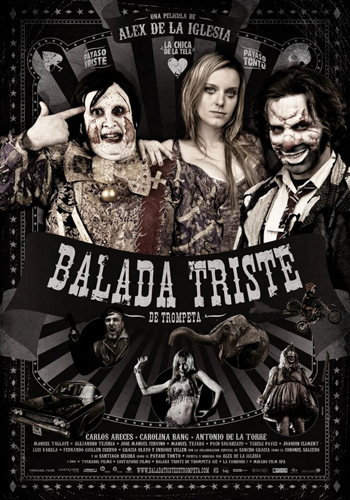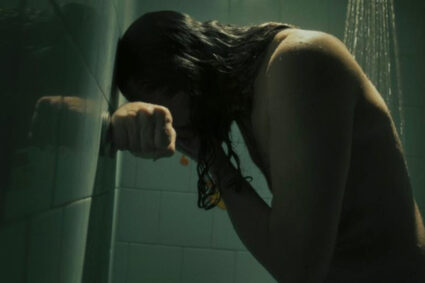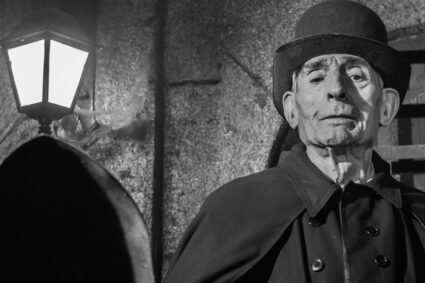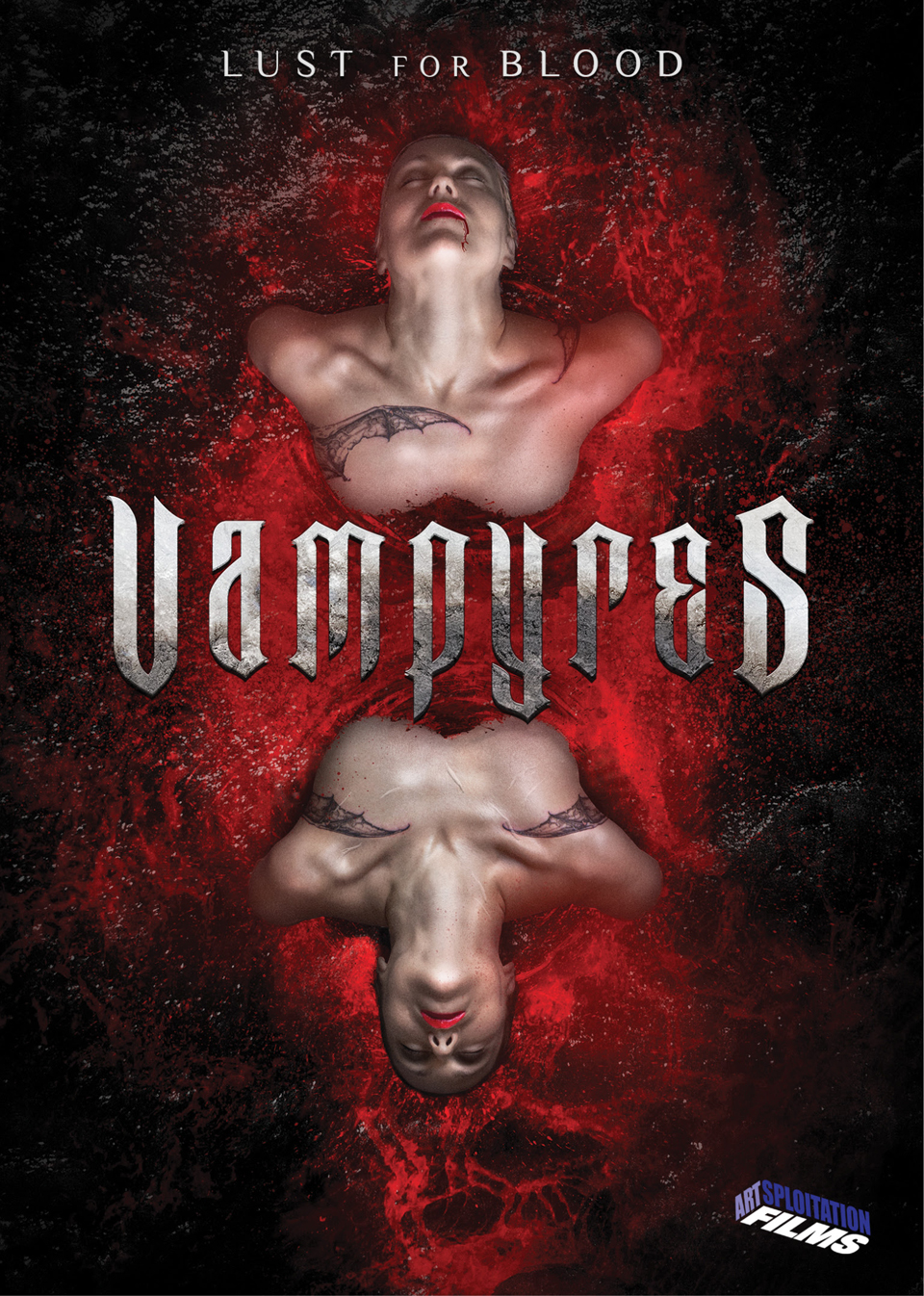
Colombian magical realist Gabriel Garcia Marquez died in 2014. Joseph Bruce and Joseph Utsler founded Insane Clown Posse in 1991. If the man who wrote One Hundred Years of Solitude collaborated on a film with the men who gave us Juggalos, it would probably look a lot like The Last Circus (originally released in 2010 as Balade Triste de Trompeta).
That never happened, so Circus was written and directed by Spain’s Alex de la Iglesia. It’s billed as a drama/comedy, to appeal to people who don’t watch horror and the .002% of film-goers who still think clowns are funny. And while it has plenty of meaty human emotion and some good one-liners, this is neither comedy nor drama, but horror.
The Last Circus starts with a machete-wielding clown slaughtering an entire regiment of Franco’s soldiers in 1937 and ends with an epic showdown in 1973 between sensitive Javier, the Sad Clown (Carlos Areces) and his brutal Funny Clown opposite, Sergio (Antonio de la Torre) for the love of stunning acrobat Natalia (Carolina Bang). Natalia is more attracted to Sergio, despite the tremendous violence he inflicts on her, but she loves Javier for his gentleness, as a kindred, wounded soul. If you think that sounds like a weird premise for a movie, I haven’t even touched on the rampant facial mutilations.
Murderous clowns are common antagonists in horror, but Alex de la Iglesia gives us much more than an It or a Gacy knockoff. The performances are incredible. De la Torre makes for a great villain—both charming and prone to horrifying violence. Areces makes Javier’s descent into madness terrible and pathetic, all at once. Carolina Bang plays Natalia with a hypnotically sensuous vulnerability as she oscillates between her platonic love for Javier and her desire for Sergio.
I couldn’t help liking The Last Circus, though I spent much of it feeling like I was missing something. Guillermo Del Toro (to whom de la Iglesia has been favorably compared) uses the Spanish Civil War and the threat of Franco’s fascistic rule in several films (Pan’s Labyrinth, The Devil’s Backbone), but generally as a backdrop. You don’t need to know too much about Spain or its history to find your way into the story.
Circus is a bit more challenging. If I were Spanish, or at the very least knew something beyond the absolute basics of the Spanish Civil War, I would probably have gotten more out of the rivalry between the Funny Clown and the Sad Clown. Does Sergio represent Franco and Javier the doomed hopes of the revolution, with Natalia as the embattled Spanish people caught in the middle?
By the end, I still didn’t know, but maybe that’s okay. The Last Circus is less a five-course banquet, in which every dish is informed by the ones that came before it and more a buffet. It walks a trapeze between horror, pathos, sadness, humor, and magical realism with enviable grace. You can enjoy it as a meditation on the social impact of dictatorships or a simple story about disfigured clowns going after each other with machine guns. And how many films allow you to say that?















